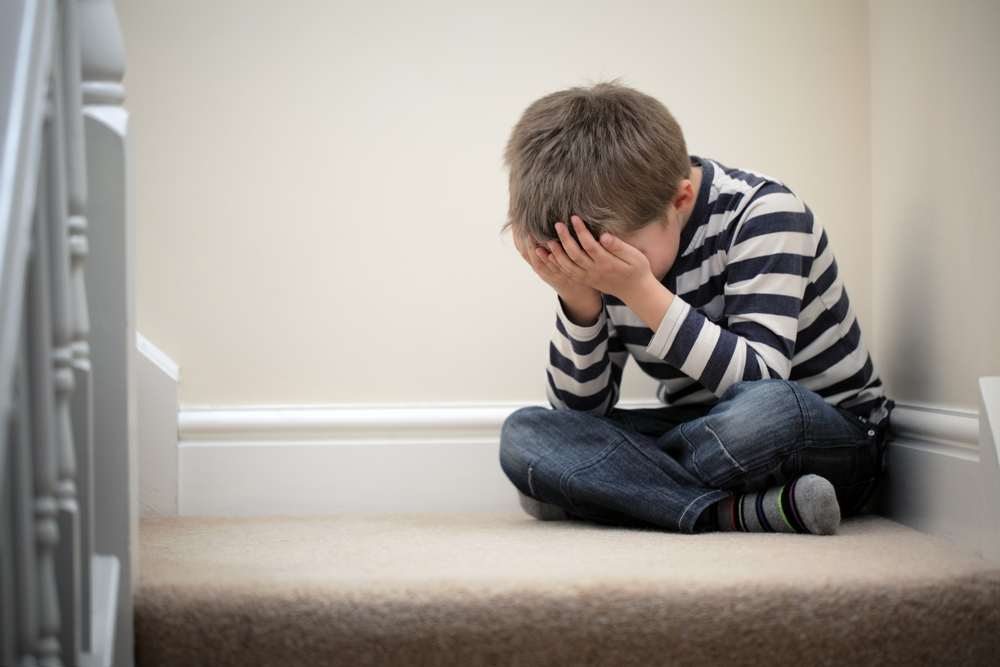 Contemplate these statements below before reading on…
Contemplate these statements below before reading on…
- ALL behavior is a form of communication.
- Mature inner speech does not develop until roughly age 7.
- My (the parent) upset language becomes their (the child’s) inner language.
- A child’s brain state cannot be higher than the adult with them.
What do these statements mean?
We, as adults, need to notice all nonverbal/verbal behavior. We have to change our intentions from punishing “bad” behavior to helping a child learn a missing skill. We need to constantly set verbal language to a child’s nonverbal language. We need to repeat this verbal language thousands of times. We need to understand that we set the energy for the situation. We must discipline ourselves first and the children second. In case you are missing the theme here, it all starts with US!
Are you ready to start that journey?
Conscious Discipline® is a proven, comprehensive approach that empowers you with skills that create a safe, connected, problem-solving environment for families. It is based on scientific research about the brain. There are three main states of social-emotional learning: Executive, Emotional and Survival.
We need to be in our Executive state in order to help children through conflicts. In the same regard, children need to be in their Executive state to learn from and problem solve conflicts. We are not born with Executive functioning skills and have to be taught. Our brain is most open to learning these between ages 3-5 years old and 20-35 years old. The Emotional state is where the brain is asking, “Am I loved?” This state is verbal. Children will blame, yell, cry, etc. The last state is Survival where the brain is asking, “Am I safe?” This state is nonverbal. Children will hit, spit, run away, throw temper tantrums, etc.
How do you help your child move towards the Executive state?
It sounds so simple, but is harder than you think — BREATHE. I’m talking deep belly breathing, moving the diaphragm up and down. Your exhale should be about twice as long as your inhale, and you should repeat it at least three times in a row.
Doing this act of breathing calms the brain and helps you move up in the states. Teach different breaths to your child when they are in a calm state already so they can utilize these tools later. Conscious Discipline has four breaths they use regularly — S.T.A.R. (Stop, Take a breath And Relax), Balloon (fill air in balloon and let it out), Drain (put fist out in front, tense up whole body and face, then release letting all wash out the drain) and Pretzel (twist arms and legs, put thumb to chin and tongue to roof of mouth). You can find these examples on their website, or you can even make up your own with your children.
When your child is in the Survival state, there is no point in talking. Just continue to breathe and focus your energy towards your heart and wish them well. Send them love and be the calm they need. They will eventually download your calm. Dismissing feelings ends up dismissing someone’s worth. So embrace the feeling your child is having and coach them through dealing with the conflict.
What do you do once your child has calmed?
Anger management is an inside job — we are trying to teach children skills so they are able to regulate their emotions. When you notice and add specifics to your language towards a child, they will better internalize the lesson and be able to utilize it in a later situation. Switch your language:
- FROM “Good job!” TO “You did it! You _____________ (put the toys away so nobody would trip, washed your hands so they were clean to eat dinner, etc.).”
- FROM “Thank you.” TO “You brought your dishes to the sink. That was helpful!”
- FROM “Put your shoes away.” TO “Place the shoes in the basket like this, so that you know where they are tomorrow morning before school.”
- FROM “Stop hitting!” TO “Hitting is hurtful. Use soft touches like this, so your friends and you are safe.”
- FROM “Don’t make me pull this car over!” TO “I’m pulling over the car while you lower your voice and put your seatbelts on so we are all safe.”
- FROM “Look what you did. Does she look happy?” TO “Look at her face. It’s saying, ‘I don’t like it when you grab the toy. Please give it back.'”
There will be many “Oops!” moments when you first begin this journey. Smile, Take a deep breath And Relax. You got this!
Want to know more?
There are many resources you can find on consciousdiscipline.com to begin your journey. Remember, it’s not happening to you, it’s happening in front of you!
Our “Dear Parent, From a Teacher” series helps parents obtain the tools and insight to ensure a successful school year for their children. If you are a teacher who wishes to write a guest blog for this series, please email your topic to [email protected].
 About the Author
About the Author
Missy Melba has been in the education field for 15 years. Her last 12 years have been at local independent elementary school, Jacksonville Country Day School, where she has taught Kindergarten, Pre-Kindergarten, and the Mini Moments program. She lives in Atlantic Beach with her husband, two children and family dog, Kudzu. She enjoys the beach, paddle boarding, reading and attending concerts.
















